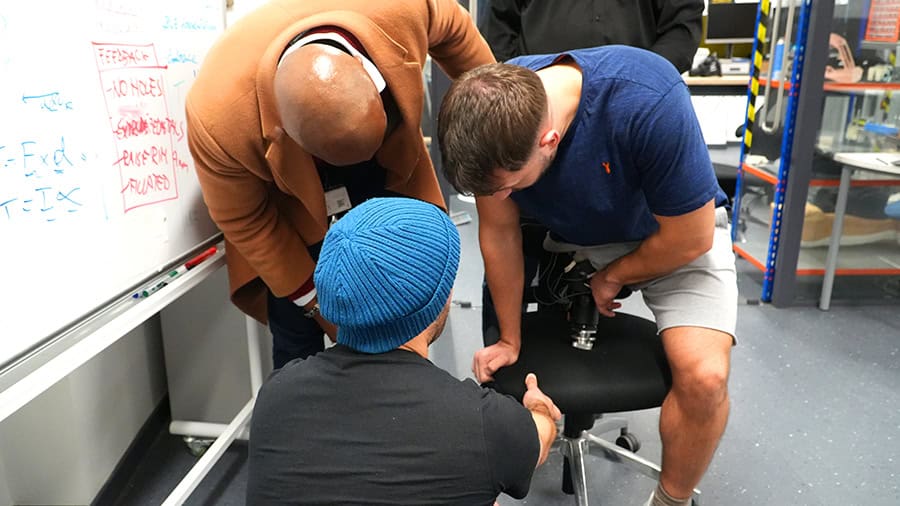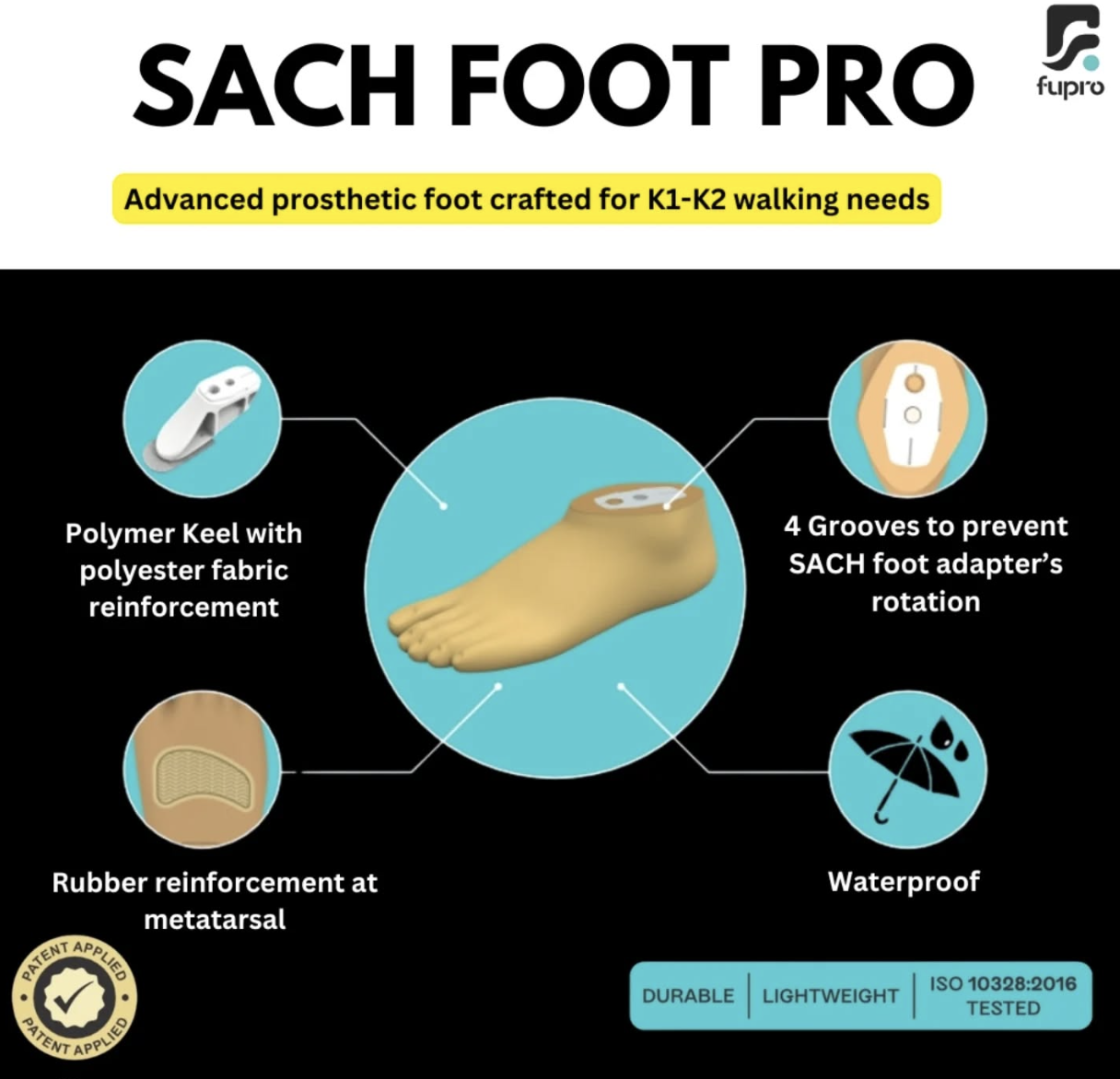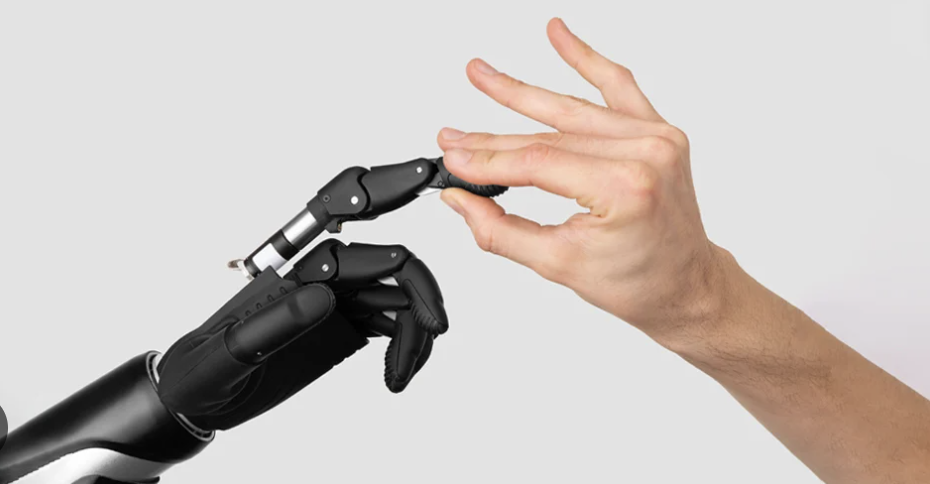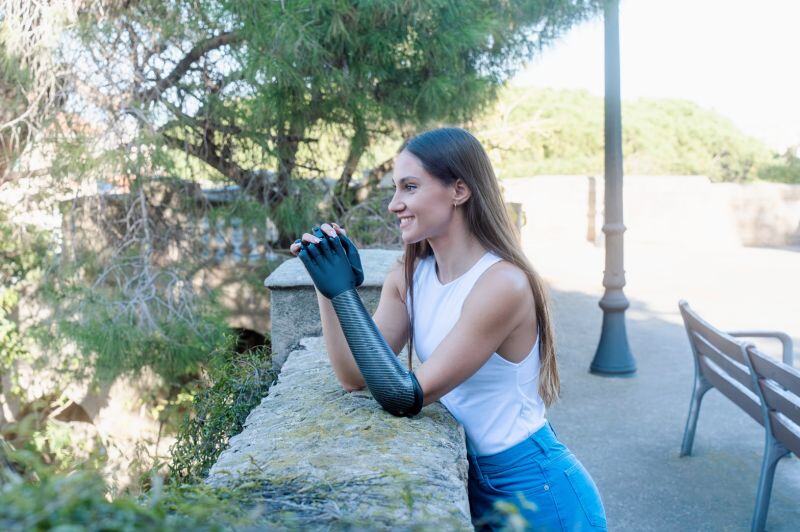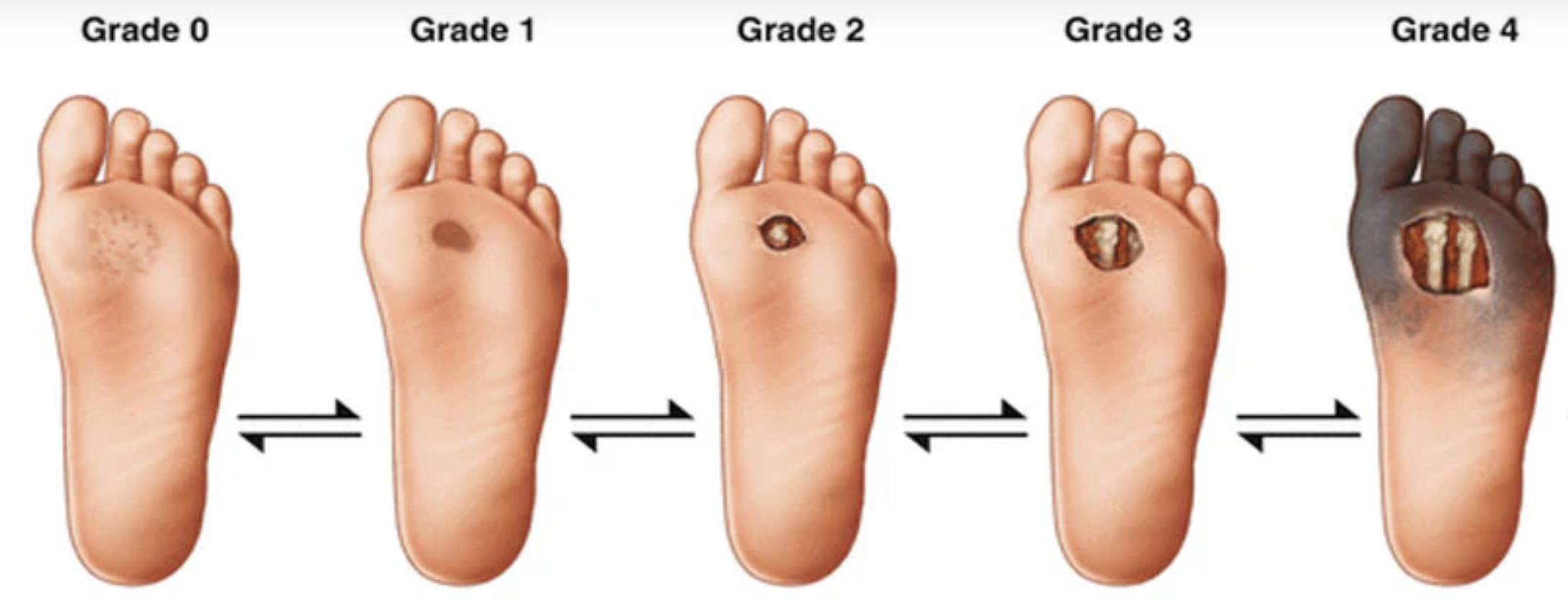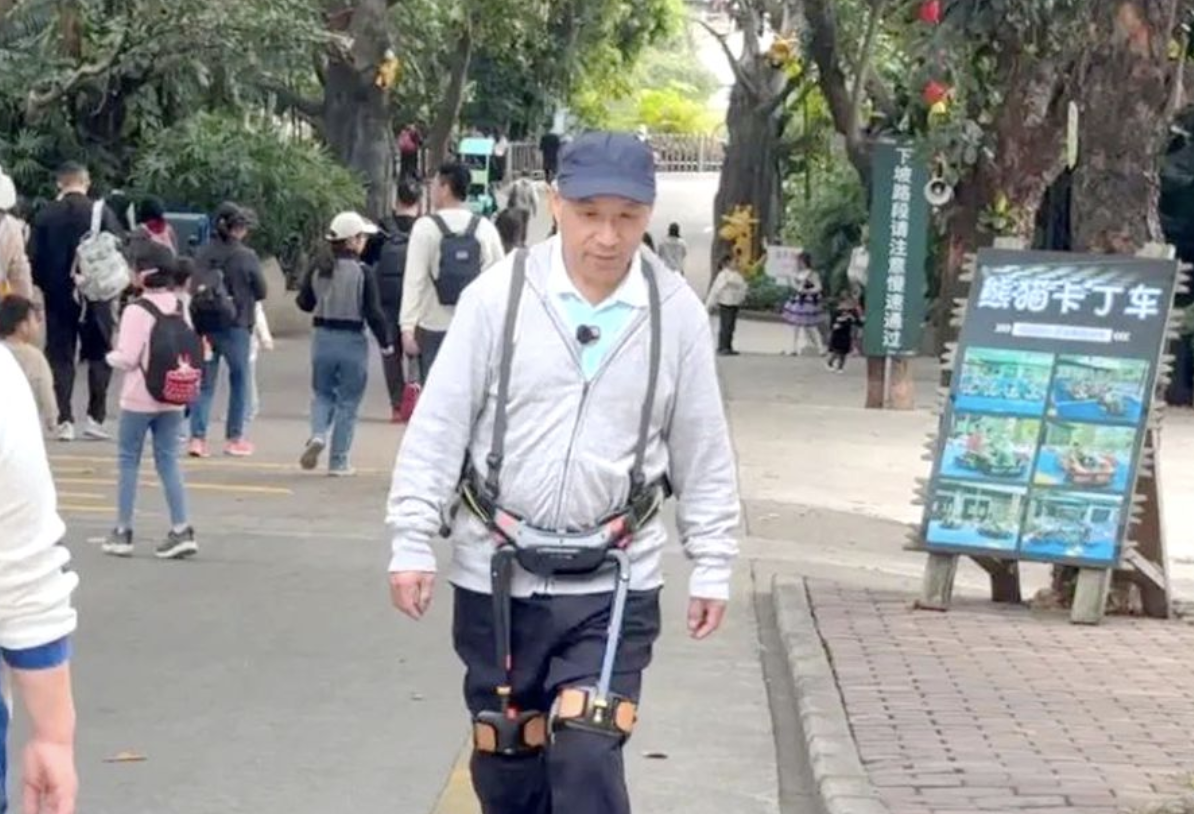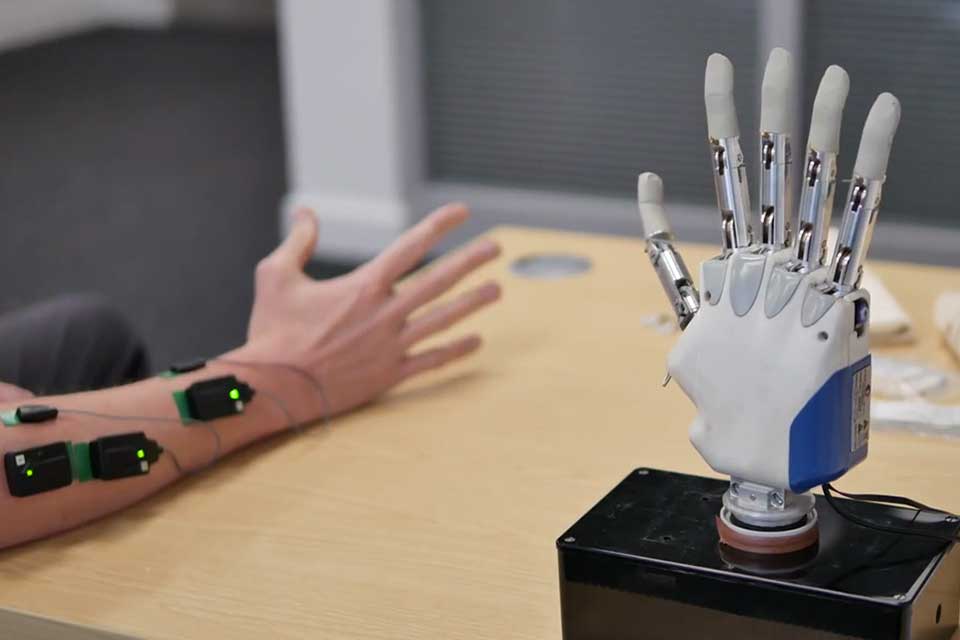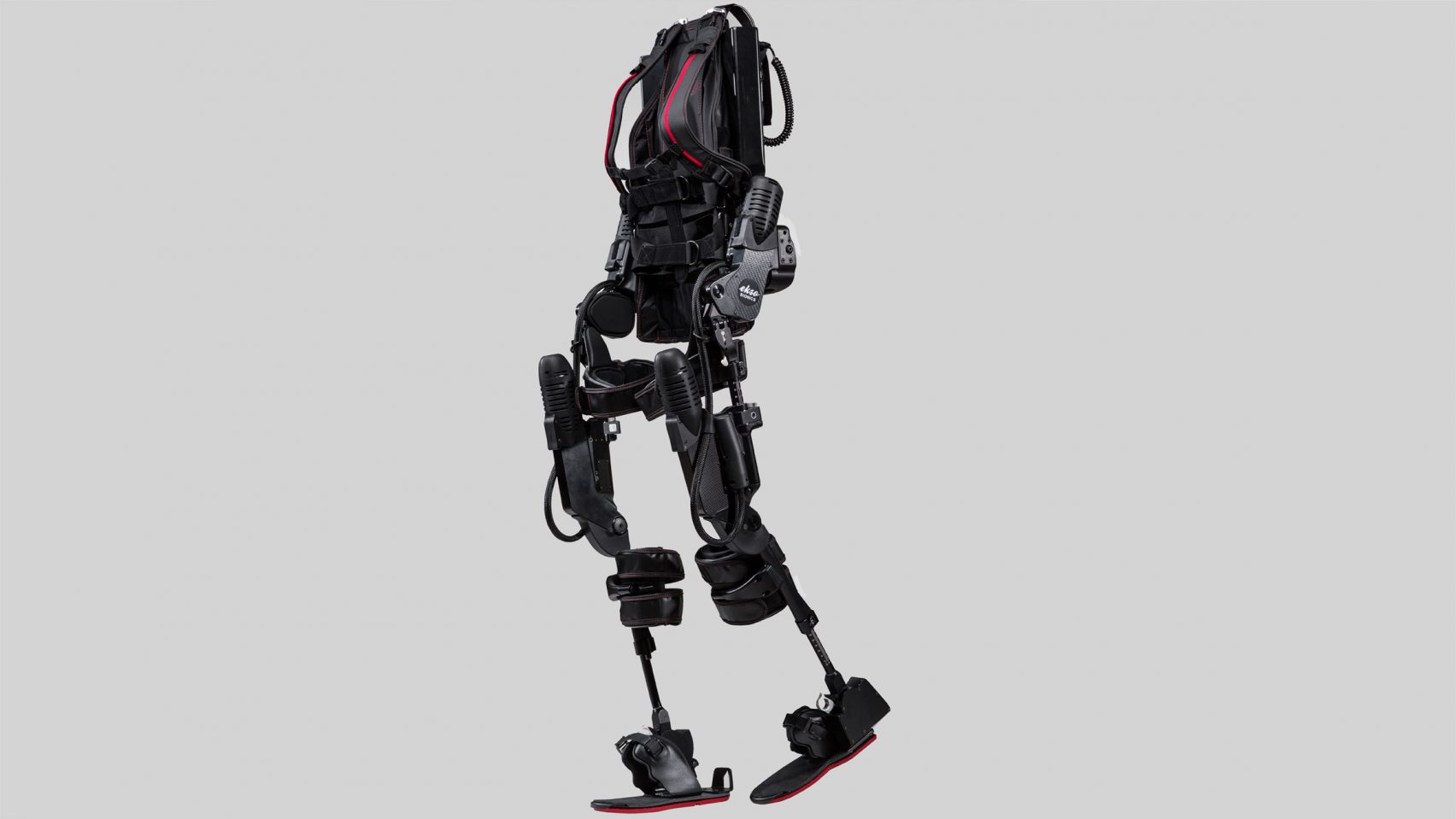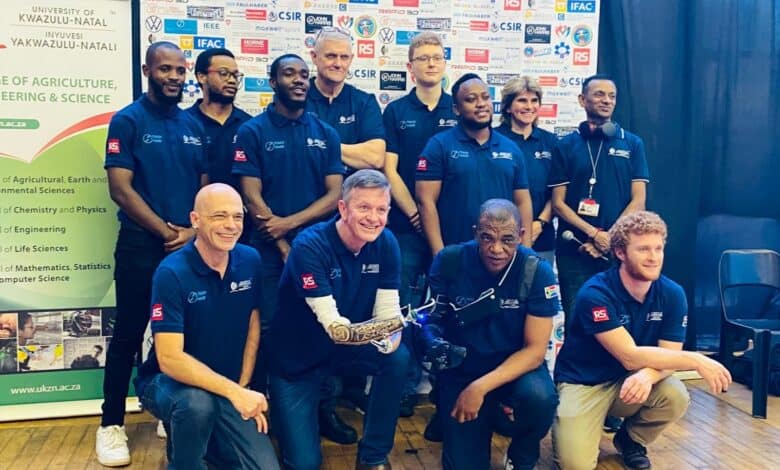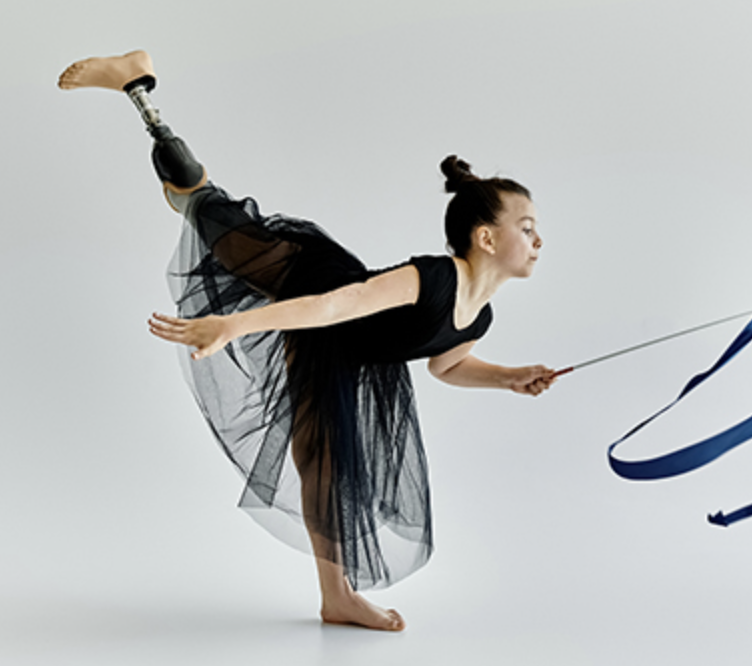Researchers from the University of the West of England (UWE Bristol) are showcasing an advanced bio-inspired prosthetic leg they have developed to improve the quality of life for people with above-knee amputations.
The prosthetic leg will be showcased at this year’s Cybathlon, an international competition in Switzerland that highlights innovative assistive technologies.
Cybathlon, which runs from 25 to 27 October 2024, showcases and tests the latest assistive technologies being developed across the globe to support disabled people. Amputee Igor Burkovetskyy will wear UWE Bristol’s prosthetic leg to take part in a series of timed challenges, including walking on a balance beam, climbing stairs, and navigating hurdles.
The prosthetic leg has a bio-inspired and user-centric design, with a strong focus on optimising comfort, performance, and adaptability. The device integrates cutting-edge technologies, such as advanced materials and adaptive mechanisms, to ensure stability, control, and speed during the competition.
Dr Appolinaire Etoundi, the team co-ordinator, said participation in Cybathlon would offer an opportunity to test and validate the assistive technology, demonstrate its feasibility, attract attention from potential collaborators, and foster interest from key players in the prosthetics industry.
Dr Etoundi, a senior lecturer in mechatronics, commented: “Our project is not just about creating a prosthetic device; it’s about pushing the boundaries of assistive technology and improving amputees’ daily lives. The Cybathlon competition offers us a platform to showcase that we can make the impossible possible for the people who need solutions today and also what’s possible when innovation and human-centred design come together.”
UWE Bristol’s multidisciplinary team, known as SPARK (Specialists in Prosthetic Advancements and Rehabilitation Kinetics), consists of engineers, designers, researchers, physiotherapists, and sport rehabilitation specialists. The approach of the team, which is collaborating with startup companies Rose Industries and Tribonix, blends engineering and technology with human physiology and biomechanics.
Igor, who has worked closely with the team on the development of the prosthetic leg over the past six months, said: “As the team’s pilot, I’m thrilled to be part of this project. The prosthetic leg developed by the team has given me a renewed sense of freedom and possibility. I’m excited to see what we can achieve together at Cybathlon.”
Beyond Cybathlon, the team is aiming to further refine its prosthetic technology and engage with major prosthetic companies for potential collaborations. The team is also pursuing patent applications for several components, including the socket, bio-inspired knee joint, and ankle joint.
